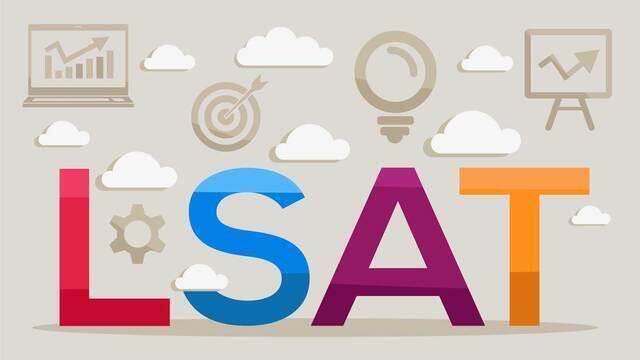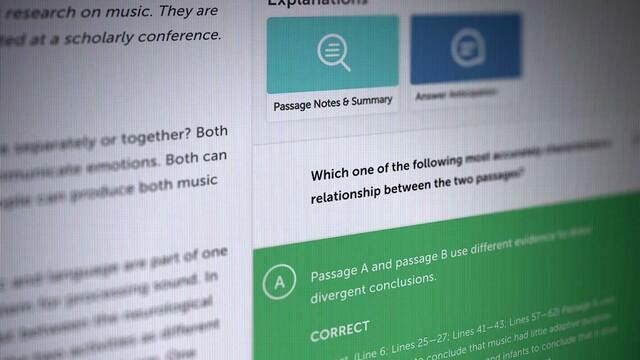Have you noticed how the LSAT sometimes screams at you?
Like, sometimes, you’re doing a Logical Reasoning question, and the question stem suddenly gets really heated mid-sentence and yells, “Which one of the following CANNOT be true?” Taken aback, you wonder why the question had to put so much mustard on the “cannot.”
Or, you’re working through a Logic Games question and the question maybe has, like, some intrusive memory of some embarrassing middle school moment — who knows — and shrieks, “Each of the following could be true EXCEPT!”
What may come off to our text-message-trained eyes as screaming is actually a long-standing formatting convention for the LSAT. Whenever a question asks for a deduction that fails to satisfy the stated criterion, it makes sure to state that in ALL CAPS. This is why we see “cannot” and “except” stated in such strident terms. When a question stem uses those words, it usually asks for the answer choice that fails to satisfy the criterion of maybe being true. In other words, it asks for an answer choice that cannot be true. We call these questions “Cannot Be True” questions. Creative, we know.
Starting with the August 2023 LSAT, these Cannot Be True question stems will no longer shout at us. Instead, the “cannot” or “except” will be in lowercase bold. As in, “Which one of the following cannot be true?” Less grating, for sure, but maybe a touch passive-aggressive? Admittedly, we could be reading into things there.
At any rate, this change was made to make the test more accessible to test-takers with certain recognized disabilities. LSAC will introduce the change to nine LawHub practice tests on July 8, including the four free tests on that service. For our part, we’ll begin to work on converting the formatting on all 94 practice tests on LSATMax’s online course.
Of course, this is a minor, cosmetic change to the test and shouldn’t impact the way you prepare for the exam. On recent tests, “Cannot Be True” questions only account for 19% of Logic Games questions and 1.3% of Logical Reasoning questions, so we won’t even see that many bolded claims. But, at least we’ll no longer be taken aback by the LSAT’s occasional shouts.









